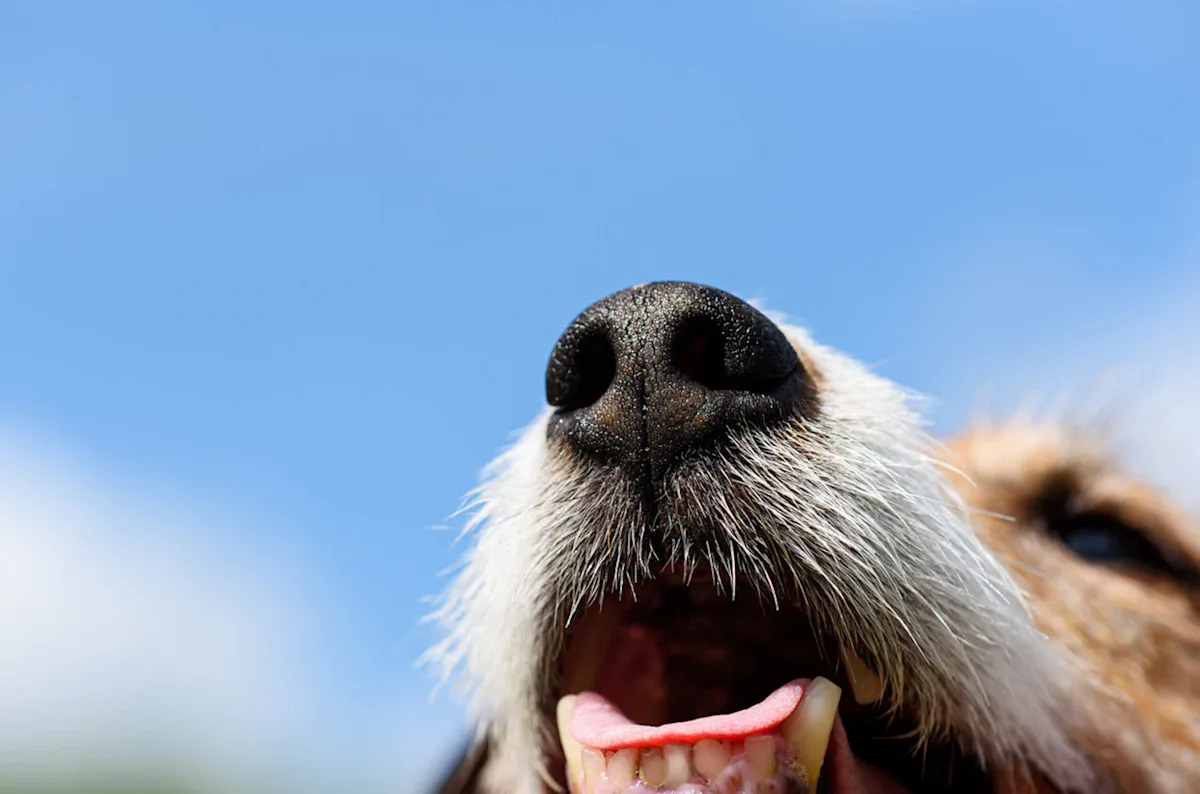Invasive mussels are an ongoing issue in the waterways of Canada, but one talented dog is sniffing them out and stopping their spread one boat at a time.
At the Wabamun Lake Provincial Park in Alberta, Hilo the sniffer dog helps inspect watercraft, a job he’s held for 10 years.
Cindy Sawchuk, who leads the aquatic invasive species program with the provincial government, told CTV News that mussels like to hide in cool, damp, and dark places that are often hard for humans to spot. But thanks to Hilo’s nose, they’ve been able to catch potential threats.
“A dog’s nose and a human’s eyes together create a really clear picture of what could be on that watercraft,” Sawchuk told the outlet.
Mandatory inspections have been implemented in the province to combat the “devastating” rate of invasive mussels, such as the zebra mussel, spreading throughout the country’s waters.
They cause millions of dollars in damage every year by clogging “intake structures in power stations and water treatment plants,” according to the government of Canada’s official website. Mussels also spread rapidly, disrupting the ecosystem and threatening native species.
Hilo is not the only dog helping battle invasive species. In Washington, a dog named Fin alerts trackers to mussels coming in from the Great Lakes region, while Tilia the chocolate Labrador is trained to hunt invasive parsnip species in Wisconsin.
“Canines are going to start to play a huge role in the conservation field just because of their amazing detection skills, especially when resources are limited, staff is limited, and you have to search potentially thousands of acres or miles of shoreline or whatever,” Cory Gritzmacher, director of operations at the Mequon Nature Preserve told Wisconsin Life in 2021.
Working dogs offer an ethical, low-tech way to work within the community to take action to protect the environment, whether hunting invasive species or protecting vulnerable ones.
And while they’re helping people, the dogs also get a chance to exercise and use their natural instincts in a healthy way. Plus, extra treats, toys, and pets don’t hurt either.
Join our free newsletter for good news and useful tips, and don’t miss this cool list of easy ways to help yourself while helping the planet.
